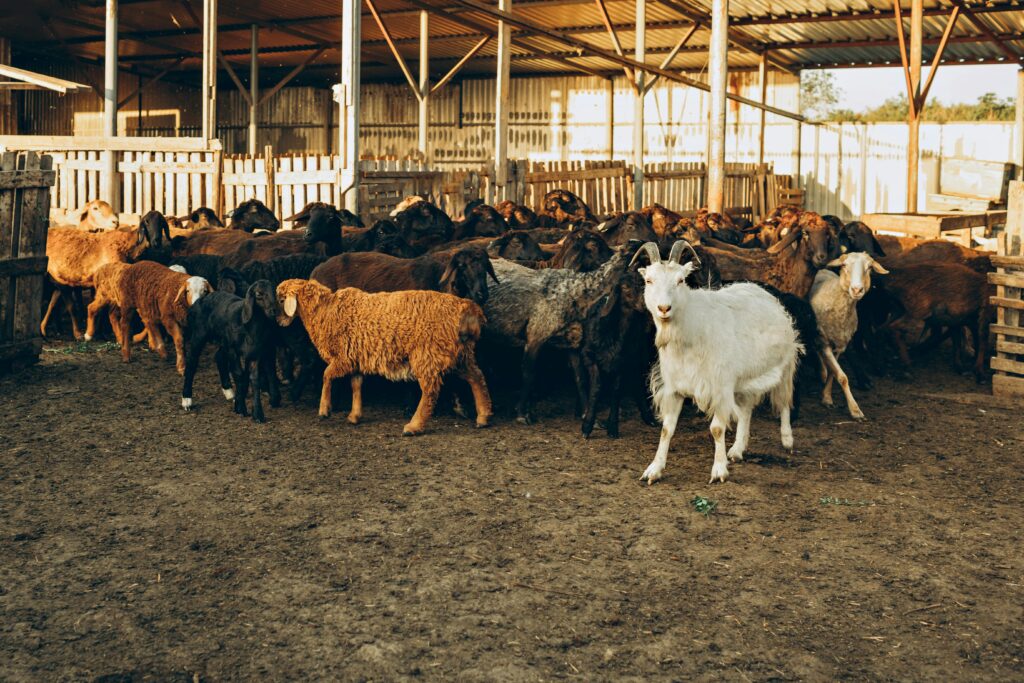Effective deworming practices are crucial for ensuring the health and productivity of your livestock. By implementing the best deworming strategies, you can help prevent the negative effects of internal parasites, improve animal welfare, and boost overall farm performance. In this blog, we will explore key deworming practices that can make a significant difference in the well-being of your animals and the success of your operation.
Rotation of Dewormers
To prevent the development of resistance, it is advisable to rotate the classes of dewormers used. For instance, if you use benzimidazoles this season, switch to macrocyclic lactones the next. This reduces the likelihood that parasites will adapt to one type of treatment. Veterinarians can guide you on how often to rotate products based on current research and the specific needs of your animals.
Developing a Deworming Schedule
The timing and frequency of deworming depend on factors such as the age of the animals, the climate, and the level of parasite exposure. Young animals, for instance, often require more frequent deworming as they are more susceptible to infections. The climate also plays a role; parasites tend to thrive in warm and wet conditions, so deworming may need to be more frequent during these periods. A veterinarian can develop a customized schedule for your farm, balancing the effectiveness of treatments with the risk of resistance.
Regular Monitoring and Adjustments
Regularly monitoring your animals for signs of parasites is crucial. This can involve physical checks for symptoms like weight loss, poor coat condition, and diarrhea. More scientifically, fecal egg counts can be conducted to measure the level of parasite infestation and the effectiveness of your deworming program. Working with a veterinarian to analyze these results will help you determine if adjustments are needed in your deworming approach.
Monitoring Resistance
One of the biggest challenges in deworming is the development of resistance. Over time, repeated use of the same type of dewormer can result in certain parasites becoming immune to its effects. This makes managing parasite loads increasingly difficult and can lead to outbreaks of resistant parasite strains.
Signs of resistance include animals not responding to treatments as expected, persistent or increasing parasite loads after deworming, and visible signs of infestation despite regular treatment. Conducting regular fecal egg counts and tracking treatment outcomes is an essential part of detecting resistance early. Veterinarians can help interpret these results and make necessary changes to your deworming plan, such as switching to a different class of dewormer or altering treatment frequencies.
A proactive approach, guided by veterinary expertise, helps maintain the effectiveness of dewormers and ensures long-term control of parasite populations. Veterinarians can also recommend integrated parasite management strategies, which combine deworming with improved pasture management, rotational grazing, and strategic nutrition to boost animal health and reduce parasite loads.
Deworming is a fundamental part of livestock management that directly impacts the health, welfare, and productivity of your animals. While there are general practices that every farmer can follow, consulting with veterinarians and animal health experts adds an invaluable layer of precision and effectiveness to your deworming strategy.
Their guidance ensures that you are using the most appropriate treatments, minimizing the risk of resistance, and adapting your approach to the specific needs of your farm. By collaborating with professionals and following a well-rounded deworming program, you can maintain the health of your livestock and the profitability of your operation for years to come.
Mastering Deworming in Livestock: Essential Practices for Healthier Animals
Intense Deworming Prevention: Building Healthier Livestock with Proactive Measures
